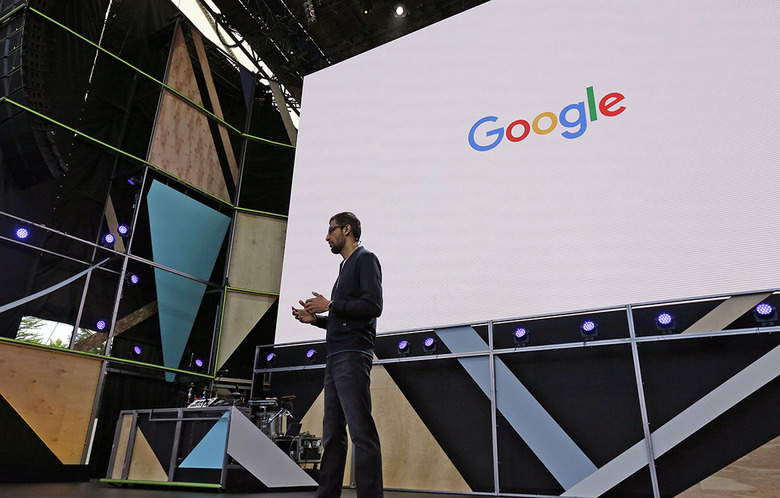Google Hit With Record-Breaking $5 Billion Fine In Android Antitrust Case
We knew this was coming so it's hardly a surprise that Google will receive a new antitrust penalty in Europe. Recent reports said the new fine would break the previous record for the EU region, which must have been terrible news for Google given that the company was the holder of that dishonorable record.
On Wednesday afternoon, Europe time, EU Competition Commissioner Margrethe Vestager announced the new fine: €4.34 billion which converts to $5 billion. That's on top of the €2.4 billion ($2.8 billion) penalty received last year.
That's the kind of antitrust fine record that's going to be hard to break, not that any other company might be interested in doing it. Here's what Vestager had to say about it:
Today, mobile internet makes up more than half of global internet traffic. It has changed the lives of millions of Europeans. Our case is about three types of restrictions that Google has imposed on Android device manufacturers and network operators to ensure that traffic on Android devices goes to the Google search engine. In this way, Google has used Android as a vehicle to cement the dominance of its search engine. These practices have denied rivals the chance to innovate and compete on the merits. They have denied European consumers the benefits of effective competition in the important mobile sphere. This is illegal under EU antitrust rules.
For Google, the monetary penalty, as jaw-dropping as it may be, isn't the only bad news. After all, Google last year made $5 billion every 16 days so it can do it again. But Google will be forced to make significant changes to the way Android works, and ink new deals with European carriers as well as Android device makers.
The EU went after Android because of said contracts which pretty much prevented vendors from offering alternatives to non-Google apps on Android devices. Manufacturers looking to provide buyers with access to the Google Play Store also had to give other Google apps prime placement on the phone, including Google Search.
Online search, of course, remains the leading money maker for the company.
Those contracts might also prevent device makers from using other versions of Android on their devices. The EU is also going after Google's payments to its carrier and Android vendors partners who install Google Search on devices.
Google lost a similar battle in Russia several months ago, but it only received a fine in the tens of millions of dollars.
Google will probably challenge the fine, just as with did with the previous one. Vestager's team, meanwhile, has a third Google investigation underway, this one looking into Google's AdSense ad-placing business.
Meanwhile, Google has 90 days to "bring its illegal conduct to an end," and stop the three antitrust practices the Commission highlighted (tying Google search and browser apps, illegal payments for Google Search app exclusivity on Android devices, and illegal obstruction of development and distribution of competing Android-based operating systems).
The Commission's full press release is available at this link.
